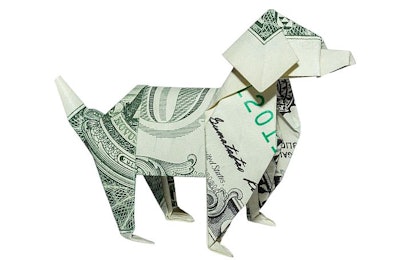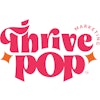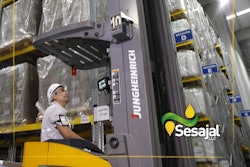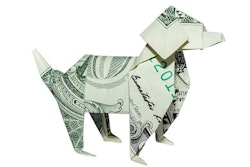
Pandemic-related economic concerns seem to be fading among U.S. pet owners as they transition into another new normal of inflation and war, while COVID-19 simmers. Age-related differences remained, but American Pet Products Association (APPA) analysts found in a February survey that pet owners’ financial fears had returned to levels last seen in late 2020. Even among younger pet owners, monetary worries influenced pet food purchasing decisions less than during the onset of the pandemic or the omicron surge. Of the 2,052 pet owners in the survey, some even reported that they can find preferred brands in stores. However, economic concerns still hovered over approximately half of survey respondents. APPA shared these survey results in volume six of its “COVID-19 Pulse Study: Pet Ownership During the Pandemic.”
While the effect on human life has been devastating, COVID-19’s influence on people’s lives with pets seems to have been positive. Double the number of APPA survey respondents (16%) said the pandemic had a positive effect on their relationship with their pets than those whose human-bond relationship soured (7%). Millennials and Gen Z were significantly more likely to say that the pandemic boosted their relationship with pets than older groups. Likewise, three other groups reported higher than average positive impacts from the pandemic on their relationship with pets: those young children, in urban areas and with incomes of more than US$100 thousand.
The pandemic resulted in an unprecedented boost to new pet ownership. Nevertheless, most survey respondents (75%) said the pandemic did not influence them to bring a new pet into their home. Baby boomers were especially unlikely to get a pandemic pet with 91% indicating their pet ownership hadn’t changed, followed by Generation X at 82%.
Why Millennials and Gen Z increased pet ownership
Many new pets may have resulted from young families bringing in a pet to keep children company as schools closed. This may have been one reason for this generation gap in pandemic pet acquisition. As millennials become the prime childrearing demographic, their role as drivers of the pet food industry may continue to grow. The yet younger group, Generation Z, has also increased in prominence as pet owners. Gen Z has embraced the fur parent phenomenon but is still at a stage where finances tend to be limited.


















